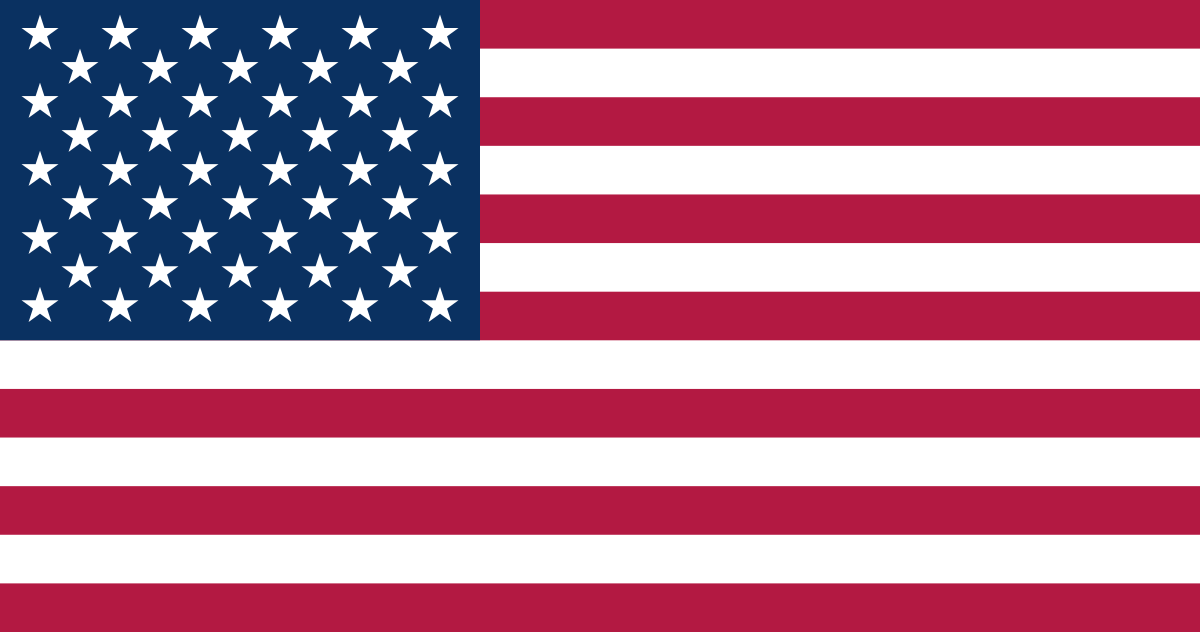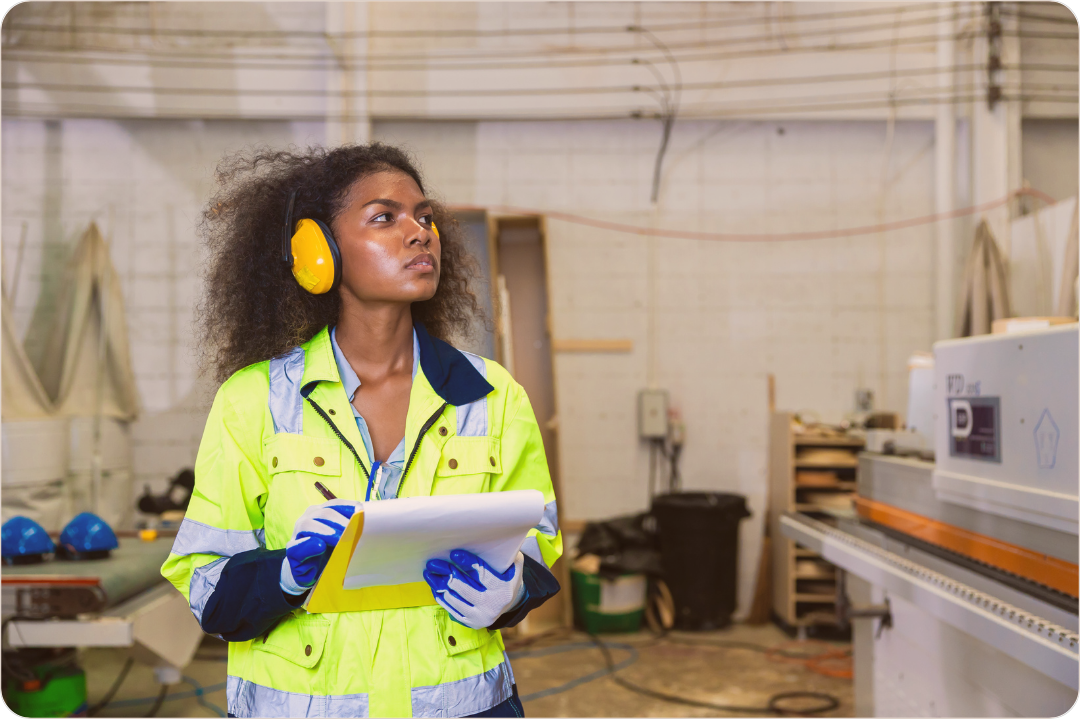Maryland's diverse economy includes industries such as healthcare, education, manufacturing, and public services—many of which employ individuals who regularly work alone. Lone workers, including security guards, home health aides, and maintenance staff, face heightened risks due to limited access to immediate assistance during emergencies. To ensure their protection, employers must understand and comply with state and federal safety regulations.
Maryland operates its own OSHA-approved state plan, which is administered by the Maryland Occupational Safety and Health (MOSH) division, a part of the Maryland Department of Labor. This plan applies to both public- and private-sector workplaces, making MOSH the primary regulatory body overseeing workplace safety in the state.
On This Page
Our Guide To Lone Worker Safety Policy And Legislation In Maryland
In Maryland, the Maryland Occupational Safety and Health (MOSH) program enforces regulations that are required to be at least as effective as those established by federal OSHA. While Maryland does not have a regulation specifically dedicated to lone workers, the General Duty Clause and other safety standards apply to any work situation, including those involving employees working in isolation.
MOSH covers a broad range of safety responsibilities, such as hazard identification, training, and emergency preparedness—all of which are crucial when managing lone workers.
How Maryland Defines A Lone Worker
Maryland does not provide a formal statutory definition of a "lone worker," but the concept typically includes any employee who carries out job duties without direct supervision or immediate access to assistance. Lone work situations occur across various sectors and require tailored safety strategies.
Common lone worker roles in Maryland include:
- In-home care professionals and social workers
- Building maintenance and custodial staff working off-hours
- Delivery drivers operating remote routes
- Utility workers and field technicians
- Security personnel at government buildings and commercial sites
- Lab workers and researchers working after hours
These individuals are vulnerable to slips, trips, falls, health incidents, or confrontational situations—all of which may go unnoticed without proper monitoring systems in place.
Employing A Lone Worker In Maryland
Employers in Maryland are required by MOSH to provide safe working conditions, including for those working alone. That means conducting job-specific hazard assessments, developing emergency communication systems, and ensuring workers are trained to handle situations without immediate help.
Key practices include:
- Risk Evaluations: Identify dangers unique to isolated work scenarios.
- Communication Protocols: Use regular check-ins or safety devices with GPS and panic alert features.
- Training Programs: Teach employees to recognize hazards, use emergency equipment, and report incidents effectively.
- Monitoring Technology: Leverage mobile apps or wearable devices to keep tabs on worker status in real time.
- Policy Documentation: Outline procedures and responsibilities for managing lone worker safety.
These actions support regulatory compliance and reduce the risk of incidents going unnoticed or unresolved.
Learn How You Can Protect Your Employees With Loneworker.com

With Loneworker.com you can be equipped with the knowledge and the means to protect your employees and protect your business. Contact us today to learn more about how Loneworker.com can protect you and your employees.
How The Safe Lone Worker App Can Protect Maryland Lone Workers And Employers
The Safe Lone Worker app enhances workplace safety by offering features like real-time GPS tracking, timed check-ins, SOS alerts, and fall detection. For Maryland-based employers, this technology provides peace of mind by enabling timely intervention in emergencies and demonstrating due diligence under MOSH regulations.
Organizations in sectors like healthcare, public service, and education can easily implement the app to create a safer working environment for employees who work independently.
Maryland Lone Worker Policies
Maryland enforces occupational safety through its state OSHA-approved plan, administered by the Maryland Occupational Safety and Health (MOSH) division. While the state does not have a standalone law addressing lone workers, employers are still required under the General Duty Clause to assess risks and implement appropriate safeguards for those working alone.
For current regulatory details and safety requirements, visit Maryland MOSH and OSHA.gov. This guide is intended for general informational purposes and should not be interpreted as legal or regulatory advice.
Maryland Lone Worker Resources
OHS Contact Centre
- 1-866-415-8690
CDC / NIOSH
- 800-232-4636
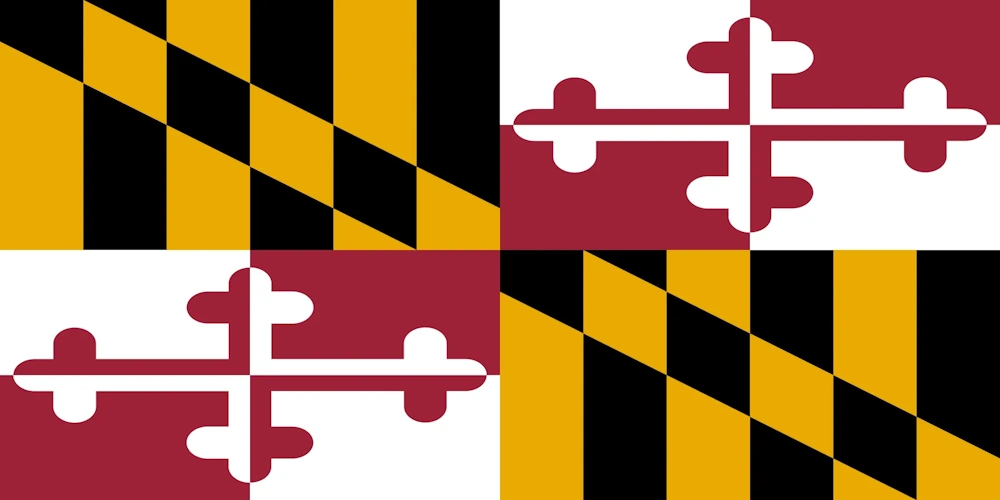
Affordable Monitoring For Lone Workers In Maryland
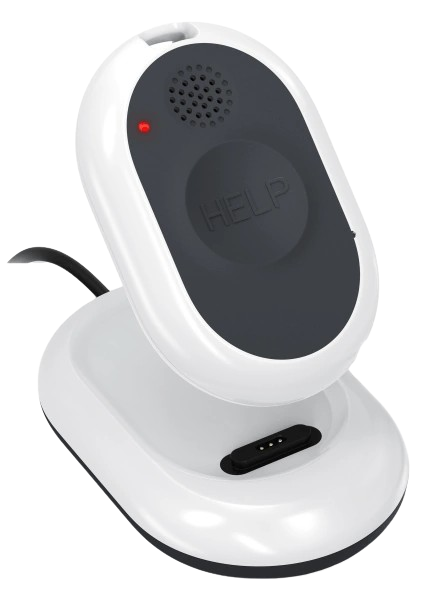
-
 Monitoring Your Employees' Safety
Monitoring Your Employees' Safety
-
 GPS Tracking And Monitoring
GPS Tracking And Monitoring
-
 Man Down Panic Alerts
Man Down Panic Alerts
-
 24/7 Protection Anywhere
24/7 Protection Anywhere
Lone Worker Legislation
Lone Worker Safety Policies And Legislation By State
-
 Alabama State Safety Policies And Legislation
Alabama State Safety Policies And Legislation
-
 Alaska State Safety Policies And Legislation
Alaska State Safety Policies And Legislation
-
 Arizona State Safety Policies And Legislation
Arizona State Safety Policies And Legislation
-
 Arkansas State Safety Policies And Legislation
Arkansas State Safety Policies And Legislation
-
 California State Safety Policies And Legislation
California State Safety Policies And Legislation
-
 Colorado State Safety Policies And Legislation
Colorado State Safety Policies And Legislation
-
 Connecticut State Safety Policies And Legislation
Connecticut State Safety Policies And Legislation
-
 Delaware State Safety Policies And Legislation
Delaware State Safety Policies And Legislation
-
 Florida State Safety Policies And Legislation
Florida State Safety Policies And Legislation
-
 Georgia State Safety Policies And Legislation
Georgia State Safety Policies And Legislation
-
 Hawaii State Safety Policies And Legislation
Hawaii State Safety Policies And Legislation
-
 Idaho State Safety Policies And Legislation
Idaho State Safety Policies And Legislation
-
 Illinois State Safety Policies And Legislation
Illinois State Safety Policies And Legislation
-
 Indiana State Safety Policies And Legislation
Indiana State Safety Policies And Legislation
-
 Iowa State Safety Policies And Legislation
Iowa State Safety Policies And Legislation
-
 Kansas State Safety Policies And Legislation
Kansas State Safety Policies And Legislation
-
 Kentucky State Safety Policies And Legislation
Kentucky State Safety Policies And Legislation
-
 Louisiana State Safety Policies And Legislation
Louisiana State Safety Policies And Legislation
-
 Maine State Safety Policies And Legislation
Maine State Safety Policies And Legislation
-
 Maryland State Safety Policies And Legislation
Maryland State Safety Policies And Legislation
-
 Massachusetts State Safety Policies And Legislation
Massachusetts State Safety Policies And Legislation
-
 Michigan State Safety Policies And Legislation
Michigan State Safety Policies And Legislation
-
 Minnesota State Safety Policies And Legislation
Minnesota State Safety Policies And Legislation
-
 Mississippi State Safety Policies And Legislation
Mississippi State Safety Policies And Legislation
-
 Missouri State Safety Policies And Legislation
Missouri State Safety Policies And Legislation
-
 Montana State Safety Policies And Legislation
Montana State Safety Policies And Legislation
-
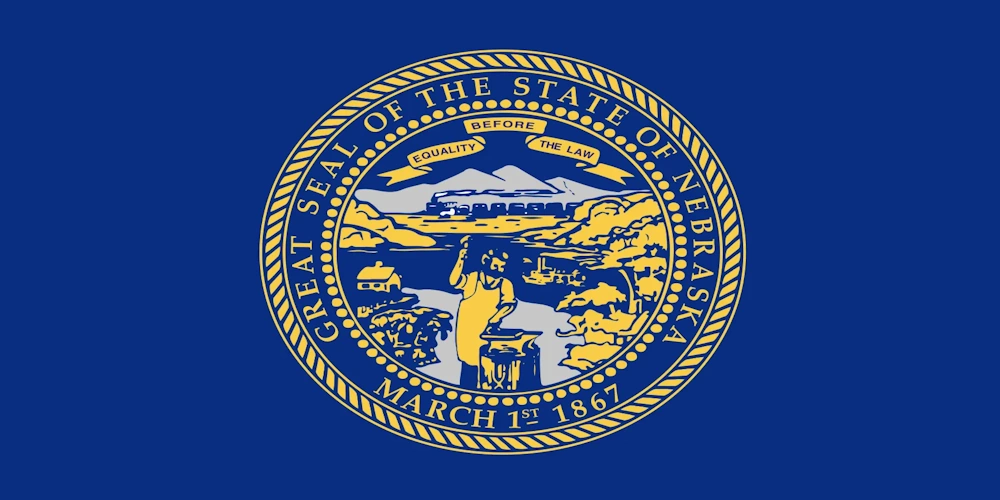 Nebraska State Safety Policies And Legislation
Nebraska State Safety Policies And Legislation
-
 Nevada State Safety Policies And Legislation
Nevada State Safety Policies And Legislation
-
 New Hampshire State Safety Policies And Legislation
New Hampshire State Safety Policies And Legislation

